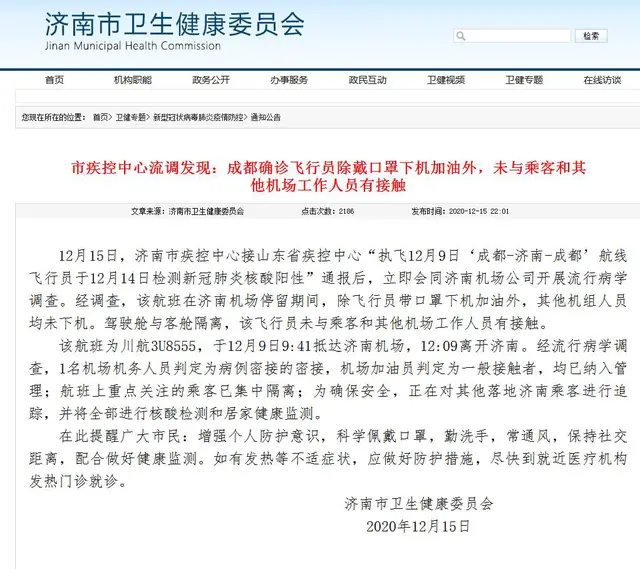The United States and Egypt on Sunday reopened their strategic dialogues in Cairo, which is a sign seen by many experts that may improve the two nations' long-estranged ties since the downfall of Egypt's former Islamic President Mohammad Morsi.
Both Cairo and Washington consider the resumption of the dialogue, which was last held six years ago, a move to prove that political differences wouldn't negatively affect bilateral relations, said Mohamed Al-Oraby, Egypt's former foreign minister.
The ex-top diplomat also believed that the desire to protect their common interests in the world's most restive region is also a key motivation that has brought the two sides back to the table, and put their political rifts aside, at least for the moment.
The restart of the talks also came two days after the United States delivered eight F-16 warplanes to Egypt as part of a military support package. Earlier this year, Washington agreed to lift its hold on the supply of military hardware to Egypt, which was frozen when the military took power in Cairo two years ago.
The official also said that Washington saw in Egypt as a partner in the fight against terrorism in the Middle East.
The bilateral strategic dialogue, aiming to boost the two sides' political, security and economic cooperation, was first launched in 1998 to consolidate pillars of the Egypt-Israel peace agreement.
Sayed Al-Gabry, a strategic expert, said Washington realized that "cold ties" and its selective counter-terrorism policies wouldn't serve U.S. interests in the region.
"There must be a comprehensive and coordinated fight against terrorism and violence among all concerned parties," he added.
At the moment, Egypt has been trying to crack down on the escalating militant insurgency by Islamic State (IS) affiliate in the restive Sinai Peninsula.
Kerry said the Obama administration is committed to working with Egypt to enhance its military capabilities as it confronts growing threats from extremists, particularly in Sinai.
Apart from the campaign against terrorism in the region, Iran's recent nuclear deal with the world powers was also a key topic at the dialogue.
The top U.S. diplomat said on Sunday that the nuclear deal would make Egypt and the region "safer than they otherwise would be."
He expressed gratefulness for Egypt's support of the deal, while Washington is exerting much effort to assure the Sunni Gulf countries over what they anticipated Iran's possible expansion of influence in the Middle East once the sanctions are removed.
Noha Bakir, professor of international relation with American University in Cairo, said the United States is trying to use the dialogue to allay fears and concerns of the Arab countries on Iran deal through Egypt, a key regional player.
kerry in the press conference expressed appreciation for Egypt' s help in "expediting U.S. overflights and access to Sues Canal in support of counter-terrorism operations.
Bakir added the differences on Egypt's internal issues will remain, which as she described is "natural in politics." Enditem
 简体中文
简体中文





